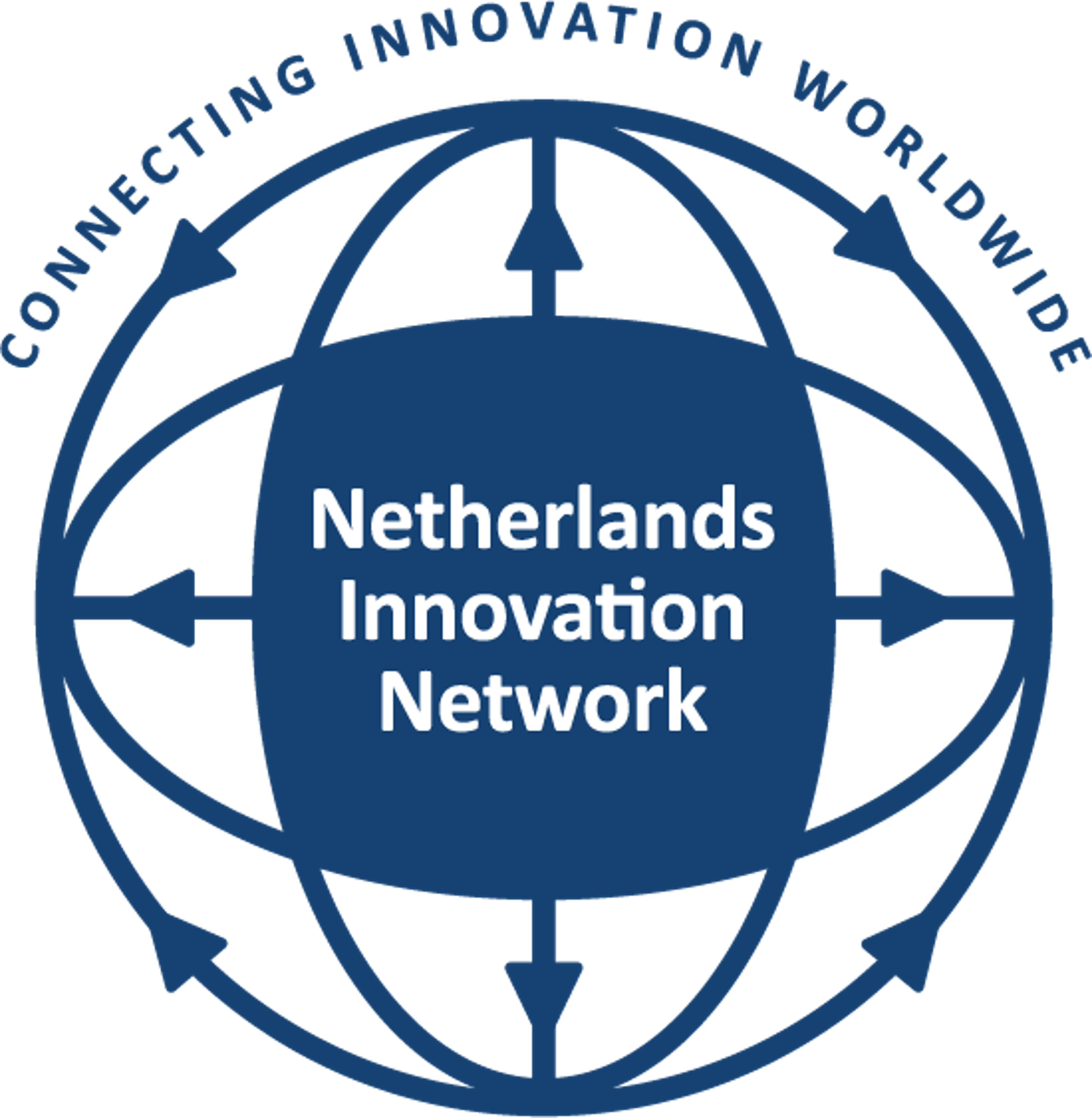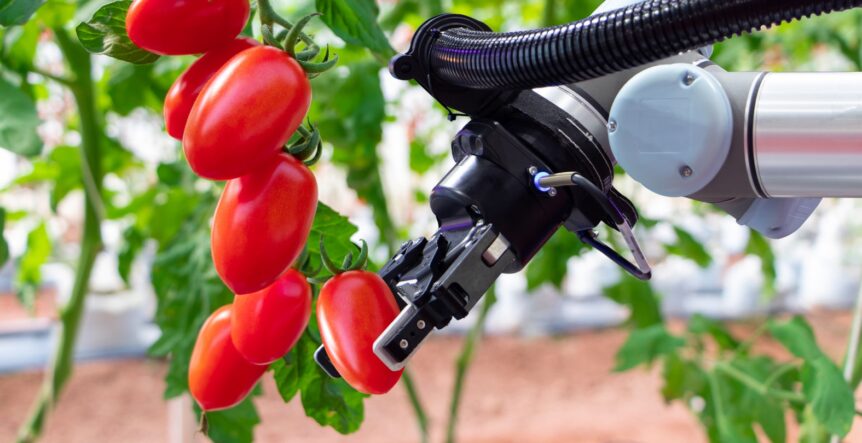In 2023, the Netherlands became the world’s top exporter of plant reproductive materials, with exports worth over €5 billion. This shows how important Dutch breeding and propagation companies are to global agriculture and the Dutch economy.
The Dutch seed sector includes over 200 plant breeding companies and more than 7000 propagators. They work on feed, arable, vegetable, fruit, and ornamental crops, creating new plant varieties and producing materials like seeds, bulbs, roots, tubers, cuttings, and young plants. By improving these plant varieties for farmers, processors, and consumers, the sector helps tackle important challenges. These improvements make crop production more sustainable, enhance food security, and promote human health, benefiting both the Netherlands and the world.
The Dutch Ministry of Agriculture, Nature and Food Quality has released a new report on seed innovation in the Netherlands. The brochure, “Dutch Seeds, Innovation with a Global Reach,” explores the advanced practices and global impact of the Dutch seed sector.
The Netherlands has been a leader in agricultural innovation for a long time, and its seed sector is a great example. The brochure “Dutch Seeds, Innovation with a Global Reach” gives a detailed look at how Dutch seed production is important globally and uses advanced methods to stay ahead. Healthy seeds are key to sustainable food production and achieving the United Nations Sustainable Development Goals (SDGs), especially SDG 2: Zero Hunger. The Dutch seed sector, with many plant breeding companies and propagators, plays a crucial role in this. As the world’s top exporter of plant reproductive materials, the Netherlands is central to global agriculture.
One reason for the success of the Dutch seed industry is the “Dutch Diamond” approach, which involves strong cooperation between the government, businesses, and research institutions. This teamwork ensures that research supports industry needs and fosters innovation. As a result, Dutch seed companies invest heavily in research and development, using new technologies like precision breeding, artificial intelligence, and data science to improve the breeding process. These innovations help create seeds that are high-yielding and resistant to climate change and pests.
The Netherlands also leads in international cooperation through programs like SeedNL, which aims to support seed sectors in low- and middle-income countries. This helps farmers around the world get quality seeds, boosting productivity and food security. Protecting the rights of plant breeders (PBR) is also important for encouraging new seed development. The Netherlands has a strong PBR system that supports local breeders and helps other countries set up similar systems. The Dutch seed sector is also committed to sustainability, with significant progress in organic seed production and eco-friendly propagation systems. They also focus on developing seeds with better taste and nutritional value to reduce food waste and promote healthy diets.
Education and training are essential to the Dutch seed sector’s success. Dutch universities and institutions offer top programs in plant breeding and seed technology, training the next generation of experts to tackle global agricultural challenges. The brochure “Dutch Seeds, Innovation with a Global Reach” highlights the Netherlands’ leadership in seed production and its commitment to global food security, sustainability, and innovation. As the world faces challenges like climate change and food security, the Dutch seed sector shines as a model of excellence and international cooperation.
Download and read the brochure to find out more!

